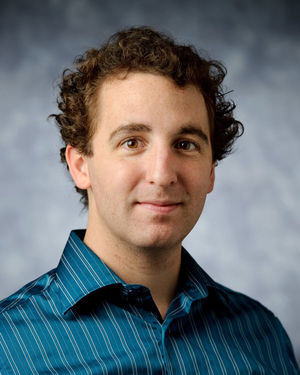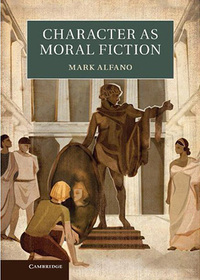
- Macquarie University
- Associate Professor in Philosophy
- Affiliation During NDIAS Fellowship: University of Oregon
- Residential Fellow (2011-2012)
- “Factitious Virtue”
Mark Alfano specializes in moral psychology, a branch of philosophy that intersects with ethics, philosophy of mind, epistemology, social psychology, and behavioral economics.
Dr. Alfano has published over a dozen peer-reviewed articles and book chapters, with his articles appearing in such journals as Erkenntnis, The Monist, Philosophical Quarterly, and Journal of Nietzsche Studies. His current research focuses on ways to accommodate and co-opt empirical insights into human nature. These insights suggest that although we very much believe that people have such character traits as courage, honesty, and modesty, our actions are often better explained by appeal to seemingly trivial and morally irrelevant features of our situations, such as ambient sounds, ambient smells, the presence of bystanders, and our mood. His response to this research is forthcoming in Character as Moral Fiction (Cambridge University Press), which he is completing here at the Institute for Advanced Study. Alfano is a past recipient of the City University of New York’s Chancellor’s Fellowship and Writing Fellowship and will be a postdoctoral research associate at the Princeton University Woodrow Wilson School and Center for Human Values in 2012-2013.
Publications
-
Character As Moral Fiction
Cambridge University Press, 2015

Everyone wants to be virtuous, but recent psychological investigations suggest that this may not be possible. Mark Alfano challenges this theory and asks, not whether character is empirically adequate, but what characters human beings could have and develop. Although psychology suggests that most people do not have robust character traits such as courage, honesty and open-mindedness, Alfano argues that we have reason to attribute these virtues to people because such attributions function as self-fulfilling prophecies – children become more studious if they are told that they are hard-working and adults become more generous if they are told that they are generous. He argues that we should think of virtue and character as social constructs: there is no such thing as virtue without social reinforcement. His original and provocative book will interest a wide range of readers in contemporary ethics, epistemology, moral psychology and empirically informed philosophy.